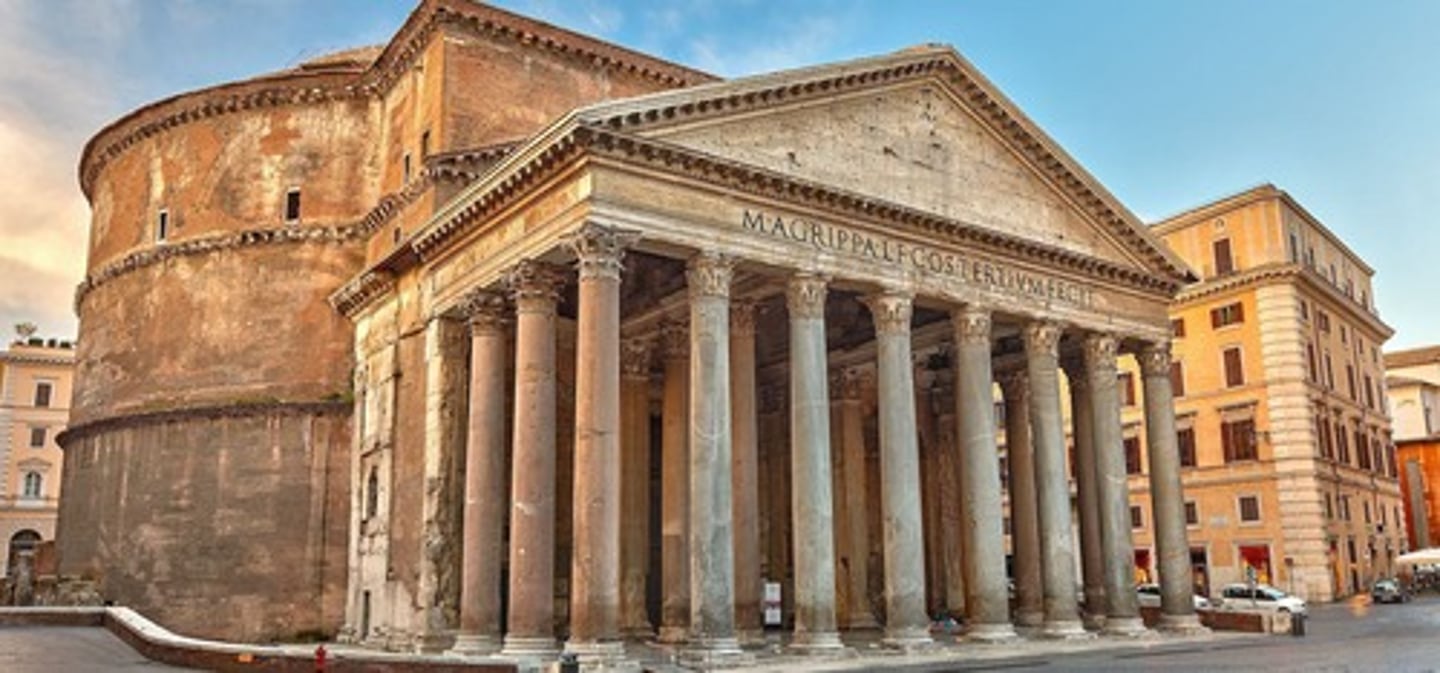Myths and Beliefs in Roman Religion
1/25
There's no tags or description
Looks like no tags are added yet.
Name | Mastery | Learn | Test | Matching | Spaced | Call with Kai |
|---|
No analytics yet
Send a link to your students to track their progress
26 Terms
Roman state religion
Linked to state rituals and everyday life.
Polytheism
Belief in multiple gods with specific responsibilities.
Anthropomorphic gods
Gods with human traits and qualities.
Pax deorum
Peace of the gods sought by Romans.
Ira deorum
Anger of the gods to be avoided.
Elysian fields
Afterlife for heroic souls in Roman belief.
Capitoline Triad
Most important gods: Jupiter, Juno, Minerva.
Olympian gods
Twelve gods believed to live on Mount Olympus.
Jupiter
Father of gods, sky and weather god.
Neptune
God of the sea, associated with Poseidon.
Vulcan
God of fire and metal-working, linked to Hephaestus.
Mars
God of war and agriculture, father of Romulus.
Apollo
God of art, education, and prophecy.
Mercury
Messenger god, associated with trade and travel.
Pluto
Ruler of the underworld, god of the dead.
Sacrifice
Offering valuable items to gods for favor.
Vulcanalia
Festival honoring Vulcan held in late August.
Campus Martius
Field of Mars, training ground for soldiers.
Ludi Apollinares
Annual festival for Apollo lasting nine days.
Temple of Jupiter Optimus Maximus
Largest temple in Rome dedicated to Jupiter.
Pantheon
Temple dedicated to all gods, circular design.

Sacrificial offerings
Items given to gods during rituals.
Rites of passage
Ceremonies marking significant life events.
Underworld
Realm where souls go after death.
Roman tolerance
Acceptance of other cultures and their gods.
Intermarriage of gods
Olympian gods often married within their family.